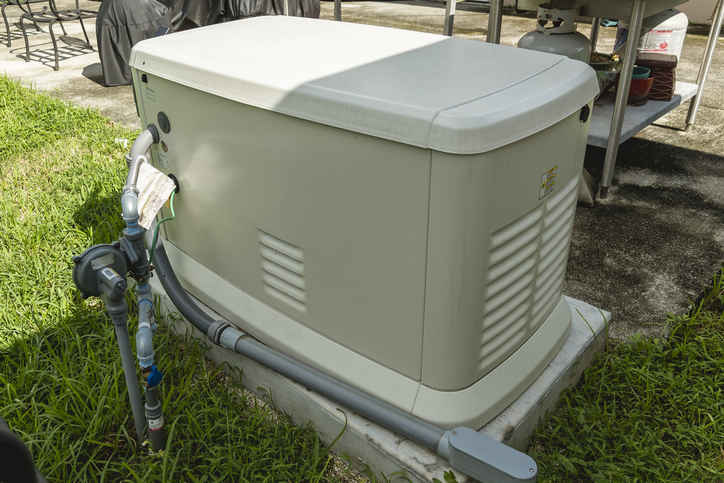Choosing the Right Backup Generator for Your Home
In today’s world, where power outages can disrupt our daily lives, having a reliable home generator is essential for keeping the lights on and maintaining comfort during emergencies. However, with a variety of options available in the market, choosing the right home generator can be a daunting task.
Fear not! This ultimate guide from our Long Electric, LLC team is here to help you navigate the selection process and find the perfect generator for your home’s needs.
Understanding Your Power Requirements
Before diving into the world of home generators, it’s crucial to assess your power needs. Consider the essential appliances and devices you want to keep running during a blackout. Calculate the total wattage requirements to determine the size and capacity of the generator that will best suit your home.
Types of Generators: Portable, Standby, and Inverter Generators
There are different types of home generators to choose from, each offering unique benefits. Portable generators provide flexibility and are suitable for powering a few key appliances. On the other hand, standby generators are permanently installed and automatically kick in during power outages, providing seamless backup power to your entire home.
Choosing the Right Fuel Source for Your Backup Generator
Home generators run on various fuels, including gasoline, propane, natural gas, and diesel. When selecting the right fuel type for your generator, consider factors like fuel availability, storage requirements, and cost. Propane and natural gas generators are popular choices because of their clean emissions and long shelf life.
Generator Maintenance and Warranty for Reliable Backup Power
Regular maintenance is key to ensuring your home generator operates smoothly when needed. Opt for a generator with easy access to maintenance tasks and check for warranties covering parts and labor to safeguard your investment.
Professional Installation for Your Home Generator and Electrical System
For safety and optimal performance, it’s recommended that our certified technicians professionally install your home generator. Proper installation ensures that your generator integrates seamlessly with your home’s electrical system and operates efficiently when needed.
Generator Services in Frederick, MD for Power Outages and Home Backup
Trust Long Electric, LLC of Frederick, MD, to keep your lights on and your home running smoothly with premier generator services. Invest in a backup generator to experience peace of mind and security and ensure your home stays powered when the grid goes down.
Contact us today to schedule your service.
FAQ About Buying a Generator
What size generator will run a house?
The size generator you need depends on how much power your household appliances and systems use during a power outage. A generator with around 5,000 to 7,500 watts can run essential items like a refrigerator, lights, and sump pump. For whole home backup power, a larger standby generator is more appropriate to power your home reliably.
What to know before buying a generator?
Before buying a generator, assess your power needs, determine whether you need a portable generator, inverter generator, or standby generator, and evaluate where and how you’ll use it. Consider safety tips like never using a generator in an enclosed space and placing the generator at least 20 feet from your home. Also, factor in the generator features, transfer switch requirements, and the fuel source—such as natural gas or propane.
How long will 2 gallons of gas last in a generator?
How long 2 gallons of gas lasts depends on the type of generator and the load it’s supporting. A typical portable generator may run for about 4–8 hours at 50% capacity. Inverter generators tend to be more fuel-efficient, giving you longer runtime per gallon. Always refer to the manufacturer’s specs for precise fuel usage details.
Can I run my whole house with a 6500 watt generator?
A 6500 watt generator can provide power to several essential appliances during an outage, but may not be enough for a whole house, especially if HVAC or multiple high-demand systems are needed. To determine how much power you need, make a list of what you want to power and calculate the total wattage required. For full home coverage, a larger generator or standby system is recommended.
How big of a generator do I need for a 2000 square-foot house?
For a 2000 square-foot house, you’ll typically need a generator with at least 9,000 to 12,000 watts to handle essentials and some comfort systems. Standby generators designed for home use are best suited for powering your home entirely, especially during prolonged outages or when powering central heating and cooling systems.
How do I hook up a generator to my house?
To connect your generator to your home safely, you’ll need a professionally installed transfer switch. This device connects your generator directly to your home’s electrical system and prevents dangerous backfeeding into the power grid. Never plug a generator into a wall outlet, and always use a heavy-duty extension cord when connecting portable power equipment to specific appliances.
